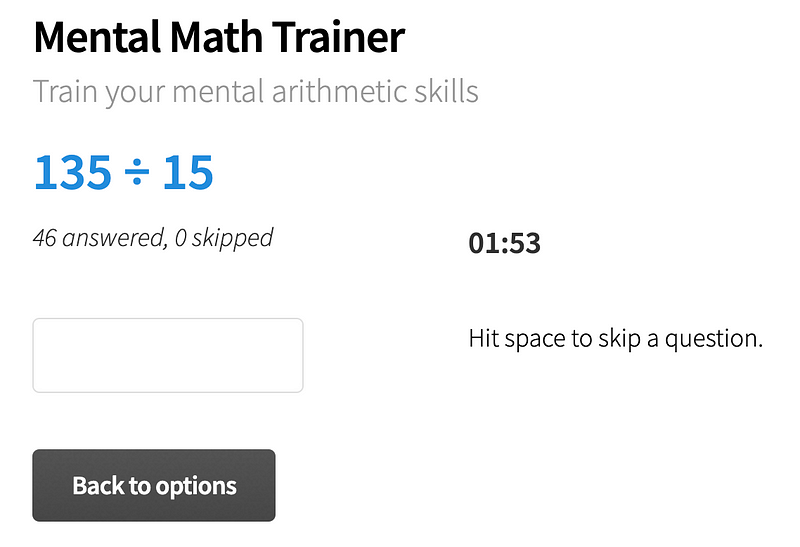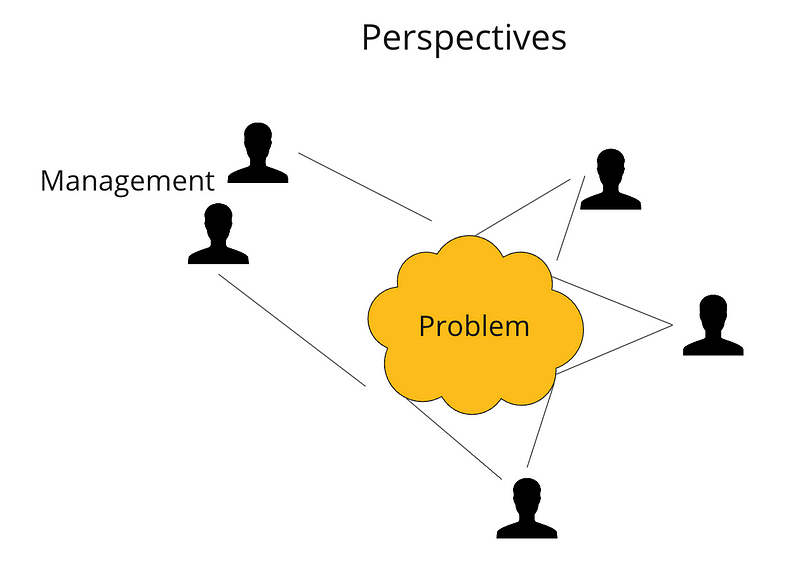4 Tactics You Can Learn From Consultants to Be Perceived as More Competent
Exposing the little tricks of management consultants

Have you ever feared being called out for being incompetent, unintelligent, or even a fraud?
For consultants, that’s a typical everyday type of fear.
It’s imposter syndrome squared.
Clients pay a lot for you, and you likely know little about the company or the problem they hired you for.
But if people don’t perceive you as competent, you will not get access to the needed information and people. A negative spiral begins.
I have dealt with it for years. I have seen it from all angles as a consultant and later as a manager hiring consultants.
The sad truth is that sometimes, the only way out is survival tactics. A consulting subculture of “Fake it ‘till you make it” has emerged. Unfortunately, some never leave this group.
Here are 4 little tricks consultants use to radiate the needed competence.
Framing Theoretical Knowledge as Experience
I used to read about company and industry trends to prepare for projects. Yet people knew I was junior. Why?
I made a mistake. I realized it as I saw a colleague with the same experience dominate a client meeting.
How did he do that?
He used a deceptively simple technique. He added little things to his sentences, such as:
- In our experience…
- What we typically see…
- Other organizations do…
- In previous projects…
This way, he framed his theoretical knowledge as experience. This instantly made him look more senior.
Theoretical Knowledge + Experience Add-on = Perceived Competence
Of course, this trick doesn't work if you don’t know what you’re talking about. But I also had this knowledge. I just put it out there without reference. It didn’t resonate with the others like his “experiences.”
Clever…
Overspecifying Questions
Imagine starting a new project in a leading role. But you have very little knowledge about the topic. As a leader, you can’t ask the obvious questions.
This happens more often than you may think.
A good way out is to overspecify questions.
For example, your client is talking about improving process ABC. But you have never heard of this process and know nothing about it.
What you can do
Listen closely to the client and pick a specific word to anchor a question to.
For example, imagine the client says:
Our processing times are 20% slower than our competitors.
Then you can ask:
- How exactly do you measure your processing times?
- Who exactly do you refer to with competitors? A specific one or several?
- Which exact processes are you referring to?
The magic word here is “exactly.” This nuance makes you appear more competent.
Asking more generically, “How do you measure your processing times?” may sound like you don’t know how. But you are supposed to know. You’re the expert they hired.
Using exactly shows you know how to measure processing times from all your previous projects. But now, you're interested in the client's specifics. That's fair.
Another way would be to ask “How do YOU define ABC processing times?”
By emphasizing the “YOU,” you indicate that you know general definitions. But now you’re interested in the client's specifics. This is a valid question.
You may also ask about specific periods, exceptions, or changes made over time.
Generic Question + Specification = Perceived Competence
Of course, it depends on the situation. But the bottom line is:
If you don’t know the topic they’re talking about and you cannot ask a generic question, add a specification. Use little words or emphasize certain angles to indicate your general understanding.
Training Mental Math
When you are good at mental math, anyone thinks you’re smart.
Think of a time you saw someone calculating something really fast in their head. I bet you thought, “Wow, that person is smart”. At least, most people would think that.
It’s a simple skill anyone can improve with practice. It doesn’t require much time and is fun.
I started practicing it for job interviews at consulting firms where you’re expected to be good at mental math (I wonder why).
However, the benefits go beyond job interviews. Now and then, a question comes up in business and social situations, and people start calculating in their heads.
When you’re surprisingly fast at coming up with an answer, people will remember this.
As a consultant, I know this can be a game changer.
In general, practicing some mental math for 5–10 minutes a week is enough. You can use simple tools such as the Math Trainer.

Prepare mental math for a meeting
Some take it even further.
When preparing for an important meeting, you can think of some calculations that may be needed.
Make those calculations beforehand, and then in the meeting, pretend that you're calculating in your head — faster than anyone else. Houdini!
It’s sneaky but effective if you need to buy some goodwill. Reflect on whether this is in line with your values.
Even if you don’t apply it yourself, it’s good to know so you may spot it in others.
Disclaimer: I have never done this trick, but I have seen it work. My recommendation is to continue practicing mental math. It’s fun, and you won’t need any special meeting tricks.
Using Different Information Angles
People see things through their lens of knowledge and experience.
You have a big advantage if you’re new to a position or project. You can talk to all kinds of people with the simple excuse of being new.
Use that. You can collect lots of information from different angles.
You can inquire details about your topic from people with very diverse points of view.

Later, you can leverage that in meetings with your client or superior. You can add new points of view and make them seem important. Have you considered it from this angle?
Key Takeaways
Mastering a project takes time.
Sometimes, you don’t get the time needed to develop an understanding of the situation. Sometimes, they only accept you if you have answers from day 1.
Almost everybody has experienced the feeling that they are not competent enough.
For consultants, this is daily business. Many have developed survival tactics.
You can leverage these techniques to buy yourself time to gain traction, grasp the problem, and start creating real value:
- Framing theoretical knowledge as experience.
- Overspecifying questions to divert the attention.
- Training mental math.
- Using different information angles.
Good luck out there.
Get my free 50-page Problem-Solving Playbook!





